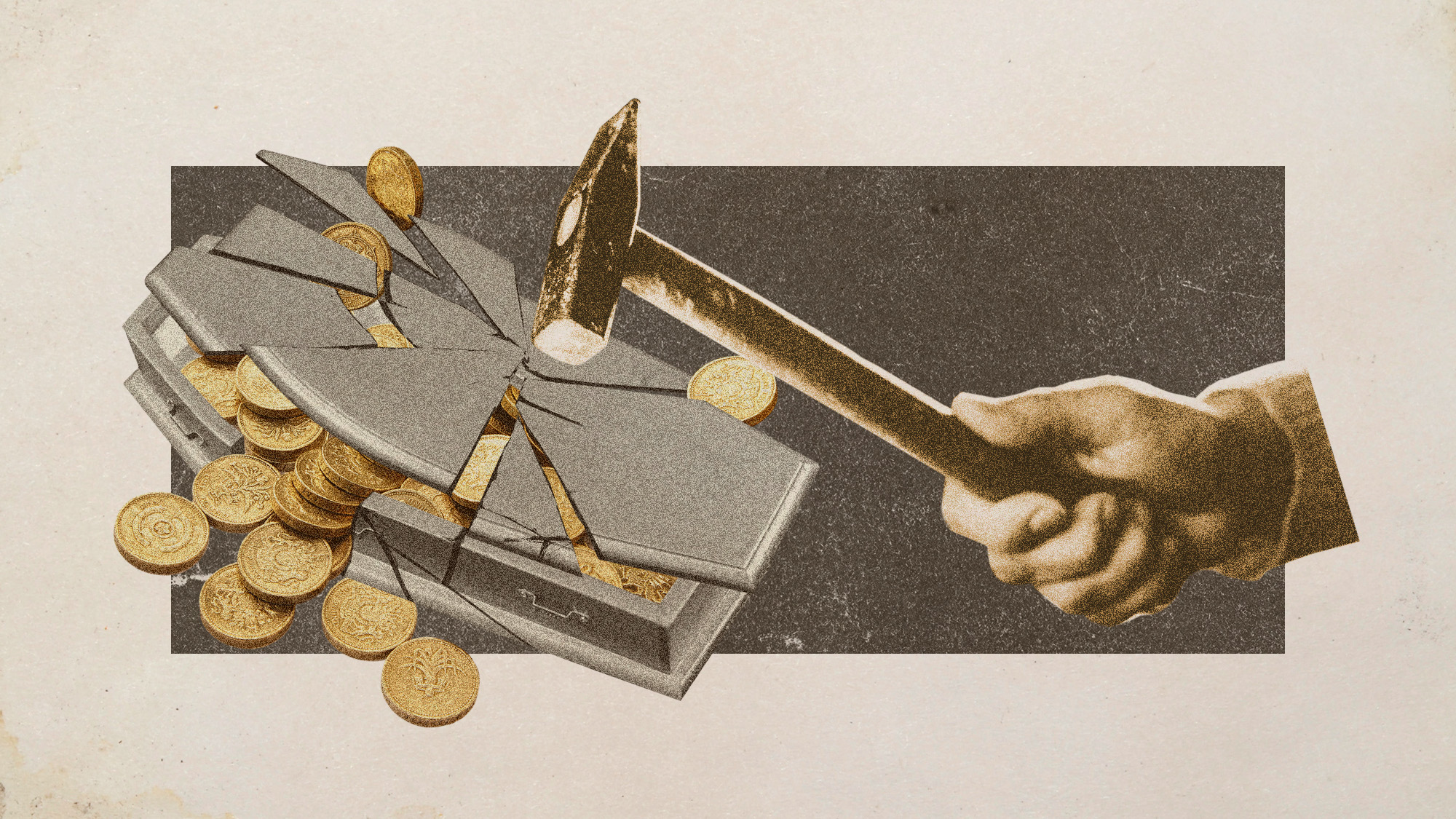How fake-will fraudsters are snatching estates
Criminal gangs are producing dodgy documents to claim inheritances

A free daily email with the biggest news stories of the day – and the best features from TheWeek.com
You are now subscribed
Your newsletter sign-up was successful
An alarming rise in fake wills is depriving heirs of their rightful inheritance, adding to the pain of grieving loved ones.
The BBC has found "mounting evidence" that a criminal gang is "carrying out systematic will fraud", stealing "millions of pounds" from the estates of dead people who haven't left a will.
Dodgy documents
In several cases, individuals unknown to the deceased have presented wills naming themselves as the sole beneficiary, with clear signs the documents were forged. The suspicious wills are "strikingly simplistic", said probate experts Fraser and Fraser, often one or two pages long, and lacking the "usual legal phrasing and safeguards".
The Week
Escape your echo chamber. Get the facts behind the news, plus analysis from multiple perspectives.

Sign up for The Week's Free Newsletters
From our morning news briefing to a weekly Good News Newsletter, get the best of The Week delivered directly to your inbox.
From our morning news briefing to a weekly Good News Newsletter, get the best of The Week delivered directly to your inbox.
In the dodgy documents, entire estates are left to one or two individuals, "invariably young Hungarians" with "no prior connection to the deceased", who are "geographically removed" from the deceased's property.
To identify their targets, the criminals use the Bona Vacantia register, which lists unclaimed estates, and quickly produce fraudulent wills with them as the beneficiary. To reduce the chances of scrutiny, they often file the claim just under the inheritance tax threshold, despite the value of the properties being significantly higher.
In one case, two British sisters who stood to inherit the estate of their aunt, who had not left a will, found out that a mysterious Hungarian man had produced a will describing him as their aunt's "dear friend".
There was plenty of evidence that "something was amiss", said the BBC, including that the address given for the man was a block of flats that had not been built until 2021, even though the document was supposedly dated 2016.
A free daily email with the biggest news stories of the day – and the best features from TheWeek.com
The sisters were told they would have to bring a civil action if they wanted to prove that the will was a fake, which they could not afford as it would cost tens of thousands of pounds. The case is currently frozen.
The Ministry of Justice told the BBC that it was "working with law enforcement to ensure criminals feel the full force of the law", but critics said an "over-eagerness" to cut costs created weaknesses in the probate system when it moved online in 2017, a development that reduced human scrutiny.
Closer to home
It's not just strangers: people "close to the deceased", such as family, friends, neighbours and carers, sometimes commit amateur will fraud, said probate experts Anglia Research. Often, "social embarrassment" and a "lack of firm evidence" mean that their deceit goes "undetected and uncorrected".
These forgeries can be "strikingly inept", such as when a bereaved wife forged a will for her deceased husband and claimed she'd found it in an empty Doritos packet. The document was littered with mistakes, including a reference to her husband as "her" instead of "he".
In December, a "money-grabbing con artist" was jailed for six and a half years after she nearly "snatched" a family's entire estate by forging her former headteacher's £4 million will, said The Mirror.
Leigh Voysey took a role at a care agency and became the woman's carer, bought a £15 "fake will kit" and "forged" the necessary documents to attempt to steal the pensioner's "lavish country estate", before she was caught.
Chas Newkey-Burden has been part of The Week Digital team for more than a decade and a journalist for 25 years, starting out on the irreverent football weekly 90 Minutes, before moving to lifestyle magazines Loaded and Attitude. He was a columnist for The Big Issue and landed a world exclusive with David Beckham that became the weekly magazine’s bestselling issue. He now writes regularly for The Guardian, The Telegraph, The Independent, Metro, FourFourTwo and the i new site. He is also the author of a number of non-fiction books.